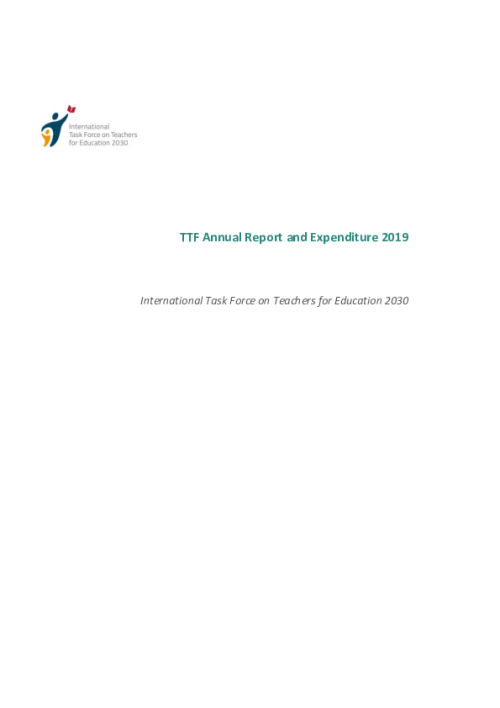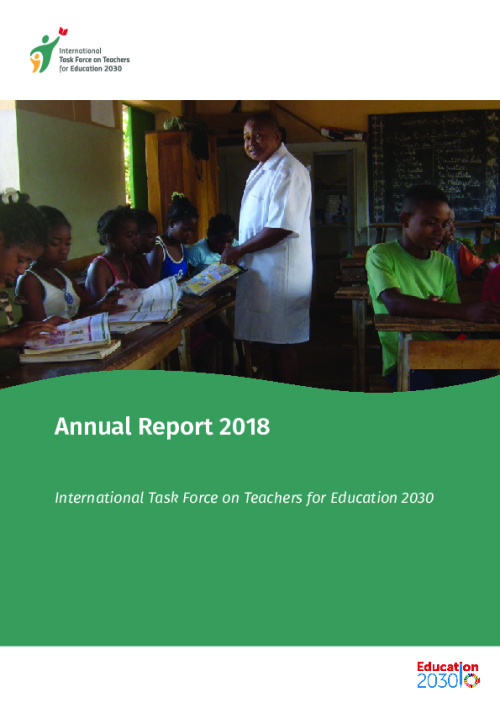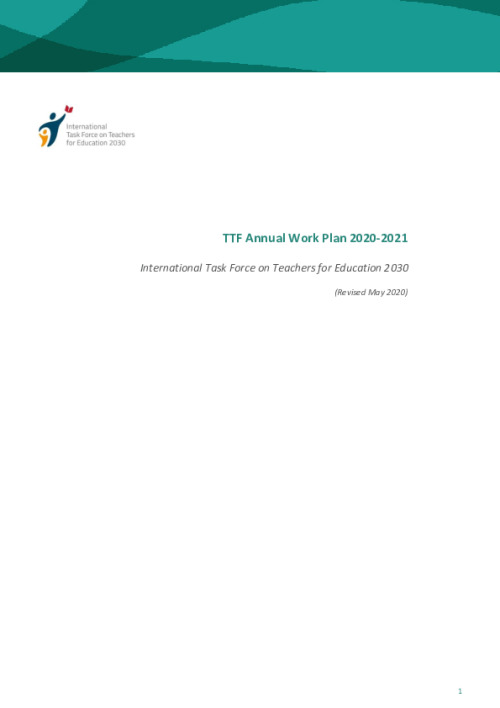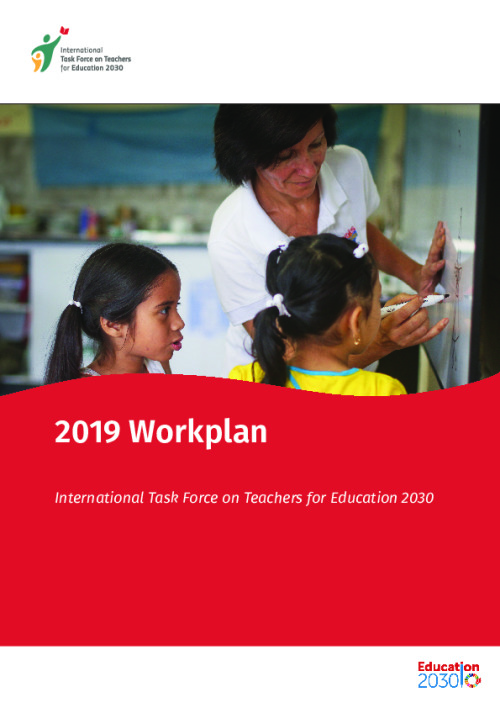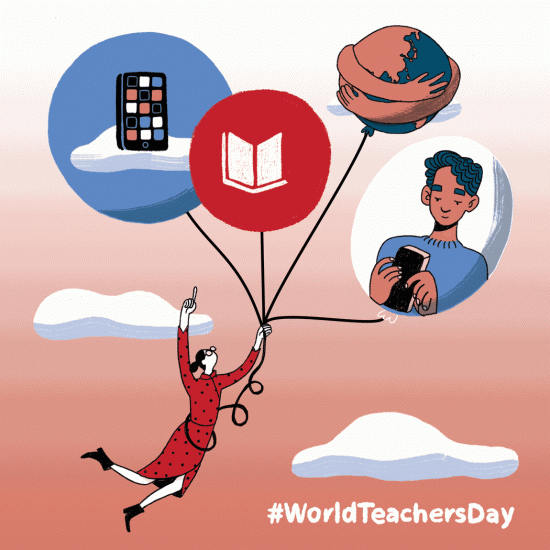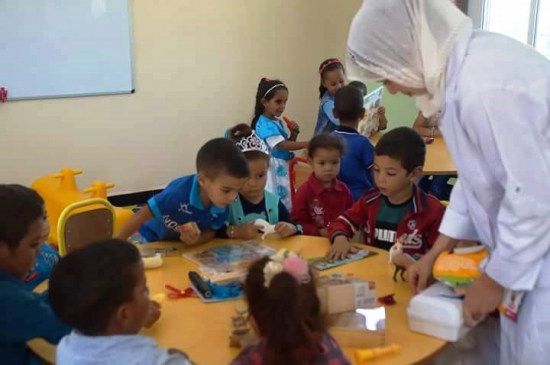About the TTF
Education is not possible without an adequate number of qualified and motivated teachers
Created in 2008, upon agreement in the Oslo Declaration, the International Task Force on Teachers for Education 2030, or Teacher Task Force (TTF), is a unique global independent alliance working solely on teachers and teacher issues. It is dedicated to raising awareness, expanding knowledge and supporting countries on the questions and themes raised in target 4.c of SDG 4.
The TTF members include national governments, intergovernmental organizations, non-governmental organizations, international development agencies, civil society organizations, private sector organizations, and UN agencies, working together to ensure synergies at national, regional and global levels in the work on teacher and teaching issues.
The objectives of the TTF are anchored in the 2015 Sustainable Development Goals (SDGs). SDG4, the goal dedicated to education, aims to “ensure inclusive and equitable quality education and promote lifelong learning opportunities for all”.
The SDG4 – Education 2030 Framework for Action emphasises that teachers are key to achieving quality, equitable and inclusive education for all by 2030. SDG target 4.c states that, by 2030, we need to “substantially increase the supply of qualified teachers, including through international cooperation for teacher training in developing countries, especially least developed countries and Small Island developing States”.
According to the UNESCO Institute for Statistics (UIS), the world is facing an acute shortage of qualified teachers. In 2016, it estimated that 69 million teachers would need to be recruited to achieve universal primary and secondary education by 2030: 24.4 million primary school teachers and 44.4 million secondary school teachers. The greatest teacher shortages are in sub-Saharan Africa, with more than 70% of countries facing shortages of primary school teachers and up to 90% of countries for secondary education.
Structure of the TTF
To fulfil its mandate, the structure of the TTF includes:
- TTF members
- Steering Committee members and co-Chairs
- Thematic groups
- Regional groups
- The Secretariat, hosted by UNESCO in its Headquarters in Paris
Partnerships
As a global network, the TTF seeks to cooperate substantively with other relevant organisations and networks working on teacher issues such as, the SDG-Education 2030 Steering Committee, the Global Education Monitoring Report, and so on. It relies strongly on expertise from academic and research institutions specialized on teachers and teaching.
Funding of the TTF
The TTF is currently funded by the Governments of Germany and Norway, and the Hamdan Foundation. Further in-kind contributions are received from Indonesia and Saudi Arabia. More information on our annual budget can be found in our Annual Reports.
Related documents
